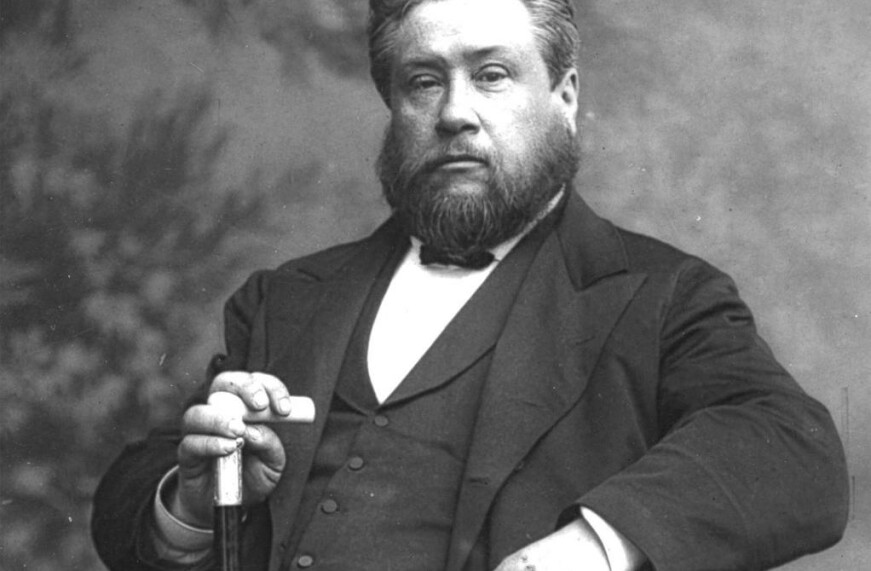A New Year's Resolution for Emmanuel Church
1 Thessalonians 1:6-8
6 And you became imitators of us and of the Lord, for you received the word in much affliction, with the joy of the Holy Spirit, 7 so that you became an example to all the believers in Macedonia and in Achaia. 8 For not only has the word of the Lord sounded forth from you in Macedonia and Achaia, but your faith in God has gone forth everywhere, so that we need not say anything.
This past Sunday I shared with our congregation a new year’s resolution for Emmanuel Church inspired in part by 1 Thessalonians 1:8. That resolution reads as follows:
Resolved: that we will, by God’s help, seek to grow in the discipline and work of evangelism in 2018.
Naturally, when you’re a young church plant, much of your conversation as a church is going to center around questions of doctrine, ecclesiology, and church life. The focus in your beginning months is on the internal life of the church, and necessarily so. But seeing as God has been pleased to established our church through the adoption of our core documents, the formal constituting of the church’s membership, and increased numerical growth as a congregation, we are beginning to open our eyes more to needs outside of our church.
In light of this desire to give increased attention to the external ministry of the church, it is our desire to nurture a culture of evangelism within our church and to grow as a congregation in this great work of sharing our faith in the new year. I am fond of saying that as a church plant, we are barely legitimate if we do not make evangelism a priority.
To better articulate and shape this larger resolution of growing in evangelism as a church in 2018, I offered to our church ten more concrete and specific resolutions. These resolutions can be broken up into two categories of five. The first five are resolutions that have already been adopted by the leadership of Emmanuel, and will, in part, characterize and shape the church’s leadership in 2018. The next five are resolutions to which each individual member is asked to commit themselves in 2018.
I briefly elaborated upon each resolution in the sermon itself, but I simply state them here. If you’re interested in learning more about what we mean by these resolutions you can access the sermon by clicking here.
Resolutions from the Leadership to the Congregation
Resolution #1: We will prioritize evangelism in the preaching ministry of Emmanuel Church. More specifically, we will make frequent evangelistic appeals the norm in the preaching ministry of this church.
Resolution #2: We will make discipleship in evangelism a top level priority in 2018.
Resolution #3: We will talk about and pray about evangelistic opportunities in small groups and prayer meetings.
Resolution #4: We will, as a church, pursue evangelistic opportunities in our community.
Resolution #5: We will give profile to success stories in evangelism.
Resolutions for Each Individual Member
Resolution #6: We will discipline ourselves individually to pursue more evangelistic opportunities in 2018.
Resolution #7: We will make the subject of evangelism a large part of our prayer lives both individually and in our families.
Resolution #8: We will promote, encourage, and contribute to a culture of evangelism in Emmanuel Church.
Resolution #9: We will seek to encourage and stimulate our brothers and sisters toward greater evangelistic faithfulness.
Resolution #10: We will pray for, and seek to share Christ with the unbelieving children of Emmanuel Church.
May it be said of us in truth, as it was said of the Thessalonians, that the word of the Lord not only sounded forth from us in Winston Salem, but that our faith in God has gone forth everywhere.


